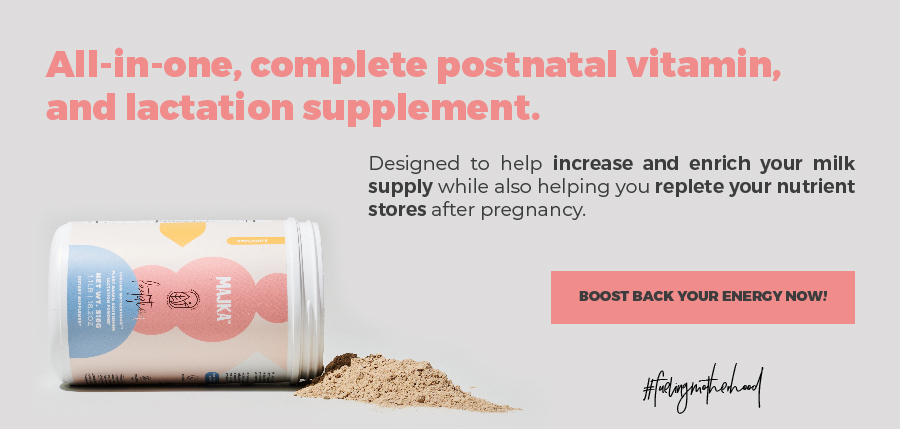
What is a Midwife?
The term “midwife” is defined as a woman trained to assist during childbirth. A midwife provides care for women during pregnancy, birth, and postpartum. In some forms, that care extends into the realm of primary care and gynecological care. When picking a midwife as a provider, it is important to know that there are different types to choose from. Let’s talk about the differences between a CPM and a CNM.
What is a CPM?
A CPM or a Certified Professional Midwife is a trained birth professional who has earned their title by completing an apprenticeship program or an accredited midwifery school. A CPM’s job is to provide care for an expectant mother during the pregnancy, birth, and postpartum stages. It is also a CPM’s duty to refer a mother to the proper OBGYN if needed. CPMs usually provide services in a birth taking place at home or a birth center.
Hiring a CPM might look like searching on a registry or hearing of one by word of mouth. This is followed by reaching out to set up an interview. Below are examples of questions to help determine if you have found a good match:
- Why did you decide to become a midwife.?
- What route did you take to become a midwife?
- How many births have you served at/attended?
- What is your view on birth?
- What would my experience look like if I hire you as my midwife?
Once you have found your CPM, you typically sign a contract of terms and agreement and make a down payment. Then you schedule your first appointment to establish care. Let’s take a look at what care throughout the prenatal, birth, and postpartum stages with a CPM will look like.
First Trimester (CPM)
It’s time for your initial appointment! This usually includes a basic physical examination, labs or a referral for labs, fundal measurements, urine samples, determining the due date, etc. The initial appointment is a great time to lay out the groundwork for your experience. This is the time to talk over any questions or concerns and what this journey looks like for you. Appointments will be scheduled for every four weeks during the first trimester. At around twelve to fourteen weeks, your midwife might send you a referral for an ultrasound (per request). Your midwife will also attempt to find your baby’s heartbeat for the first time! Appointments will be spaced at about four weeks apart throughout the remainder of the first trimester.
Second Trimester (CPM)
Once you’ve reached the second trimester, appointments will become more frequent, usually around two weeks apart. This stage of the pregnancy consists of
routine weight checks, lab work, fundal measurements, monitoring the baby’s heart rate with a Doppler, etc.
Third Trimester (CPM)
Now you’re in the third trimester! You’re nearing the end of your pregnancy and starting to plan the logistics of your birth. Your midwife will host a birth team meeting around this time to discuss your preferences for your birth. Your midwife, doula (if you hire a doula), birth partner, and any family/friends who will be attending the birth should be at this meeting. It is an important time to allow everyone to get on the same page and talk over their roles. Your appointments are two to three weeks apart until you reach the thirty-six-week mark, then they will be weekly.
At the time of your due date, your midwife will check in routinely at appointments as well as provide any text or phone call support that you might need. When your labor begins, the midwife will pop in to check on you and the baby. The progression of events at
this point differs with each birth. The midwife will support and guide you through delivery and now begins the postpartum stage.
Postpartum (CPM)
Once your sweet baby is here, your midwife will assess and provide the care you need postpartum. The role of a CPM in the immediate postpartum phase is to help you establish breastfeeding (if you choose), provide the adequate care you need, check your baby’s vitals, perform the newborn exam, and cleanup. Visits during the postpartum phase are twenty-four hours post-birth, two to three days post-birth, one-week post birth, and so on.
What is a CNM?
A CNM or a Certified Nurse Midwife is a trained health care professional who earned their title by graduating from nursing school as well as an accredited midwifery school or apprenticeship. A Certified Nurse Midwife provides care to expectant mothers during the pregnancy, birth, postpartum stages, and beyond. They also provide care to women in form of primary care, gynecological care, and family planning guidance. They are often employed through hospitals or birth centers. CNMs have the ability to provide pain relief options during labor and delivery to mothers who request it. They also have the ability to assist if medical intervention is necessary. Let’s talk about what care with a CNM looks like.
First Trimester (CNM)
At your initial appointment, you will decide if this is the right midwife for you and establish care. Your CNM will perform a basic physical examination, order lab work, do fundal measurements, a urine sample, determine your due date, etc. Appointments will typically be scheduled four weeks apart throughout the remainder of the first trimester.
Second Trimester (CNM)
Once you’ve reached the second trimester, your appointments will be spaced closer together at two weeks apart. Routine checks will continue such as vitals and weight checks, fundal measurements, lab work, urine samples, monitoring the baby’s heart rate, etc.
Prenatal care with a CNM might include more routine testing or vaccine recommendations made as part of the establishment’s policy. These are all things you can talk over with your CNM to achieve the care that best fits you.
Third Trimester (CNM)
In the third trimester, appointments will be spaced two weeks apart until you reach thirty-six weeks. At this point, they will be weekly. This is a great time to bring your birth partner and doula (if you choose to hire one) to an appointment with your midwife. This allows everyone to meet and talk about what birth might look like and what part they play in serving you best! When labor begins, you will head into the hospital or birth center where your midwife will meet you to do a check-in. The progression of labor and delivery varies at this point with each mother.
Postpartum (CNM)
In the immediate postpartum period, your midwife will be there to assist with the medical attention you might need, check on the baby, help you establish breastfeeding if needed, and perform the newborn exam. Being discharged from a hospital or birth center varies with each outcome and establishment. Your next appointment will typically be your six-week check-up.
What is best for you?
Preparing for the birth you want to achieve is a vital piece of the puzzle! Whether at home or hospital, with a CNM or a CPM, always do your research and discern what is the best option for you. Below you can find more articles on this topic to make an informed decision!
Avery Reckers






